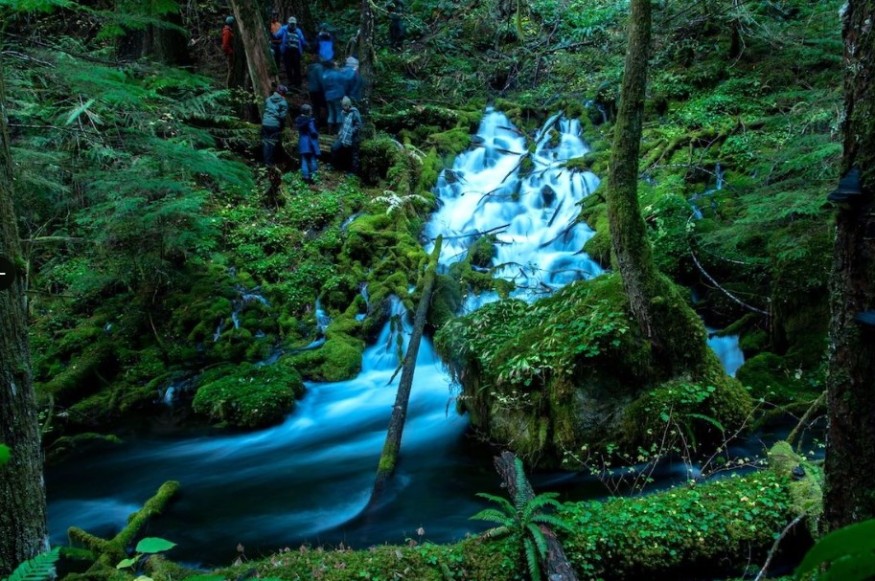
Scientists have uncovered a massive underground water reservoir hidden within the volcanic rocks of Oregon's Cascade Range. This aquifer, estimated to hold at least 81 cubic kilometers (19.4 cubic miles) of water, is more than double the size of Lake Mead, making it one of the largest volcanic aquifers in the world.
The discovery, published on January 13 in the journal PNAS, could have significant implications for water management and the understanding of volcanic activity in the region.
New Study Reveals Hidden Volcanic Aquifer in Oregon's Cascade Range
The Cascade Range, a chain of mountains stretching from Northern California to British Columbia, has long been shaped by volcanic activity.
According to LiveScience, this hidden reservoir, buried beneath the central Oregon Cascades, acts like a colossal "water tower," storing water within the porous volcanic rocks at high elevations.
Researchers believe this discovery will help address questions about water availability, especially as climate change impacts snowpack and rainfall patterns.
The team, led by scientists from the University of Oregon and other institutions, used temperature data from deep boreholes drilled decades ago to explore geothermal energy.
Typically, rocks get hotter with depth, but in some areas of the Cascades, temperatures remained unexpectedly cool, suggesting that water was flowing through and cooling the rocks. By analyzing these temperature patterns, researchers were able to estimate the vast size of the aquifer.
Oregon Aquifer Discovery Highlights Risks of Climate Change on Water Supply
Gordon Grant, a US Forest Service hydrologist and co-author of the study, explained that the research initially aimed to understand how volcanic landscapes evolve and how water moves through them, PhysOrg said.
However, the discovery of such a significant water reservoir was an unexpected outcome.
"We've discovered something people care deeply about: a massive, active groundwater system in the Cascades," Grant said.
This newly discovered aquifer plays a vital role in the region's water supply. Rivers like the McKenzie, which provides drinking water to Eugene, Oregon, originate from springs fed by this underground reservoir. However, the aquifer's reliance on snowmelt for recharge raises concerns.
As global temperatures rise, more precipitation is expected to fall as rain instead of snow, potentially reducing the aquifer's capacity to replenish.
Scientists emphasize that while the aquifer is a valuable resource, it must be carefully managed. Years of low snowpack or drought could strain the system, and further research is needed to understand its resilience.
"This region has been handed a geological gift," Grant noted, "but we're only beginning to grasp its significance and vulnerability."
© 2025 ScienceTimes.com All rights reserved. Do not reproduce without permission. The window to the world of Science Times.










